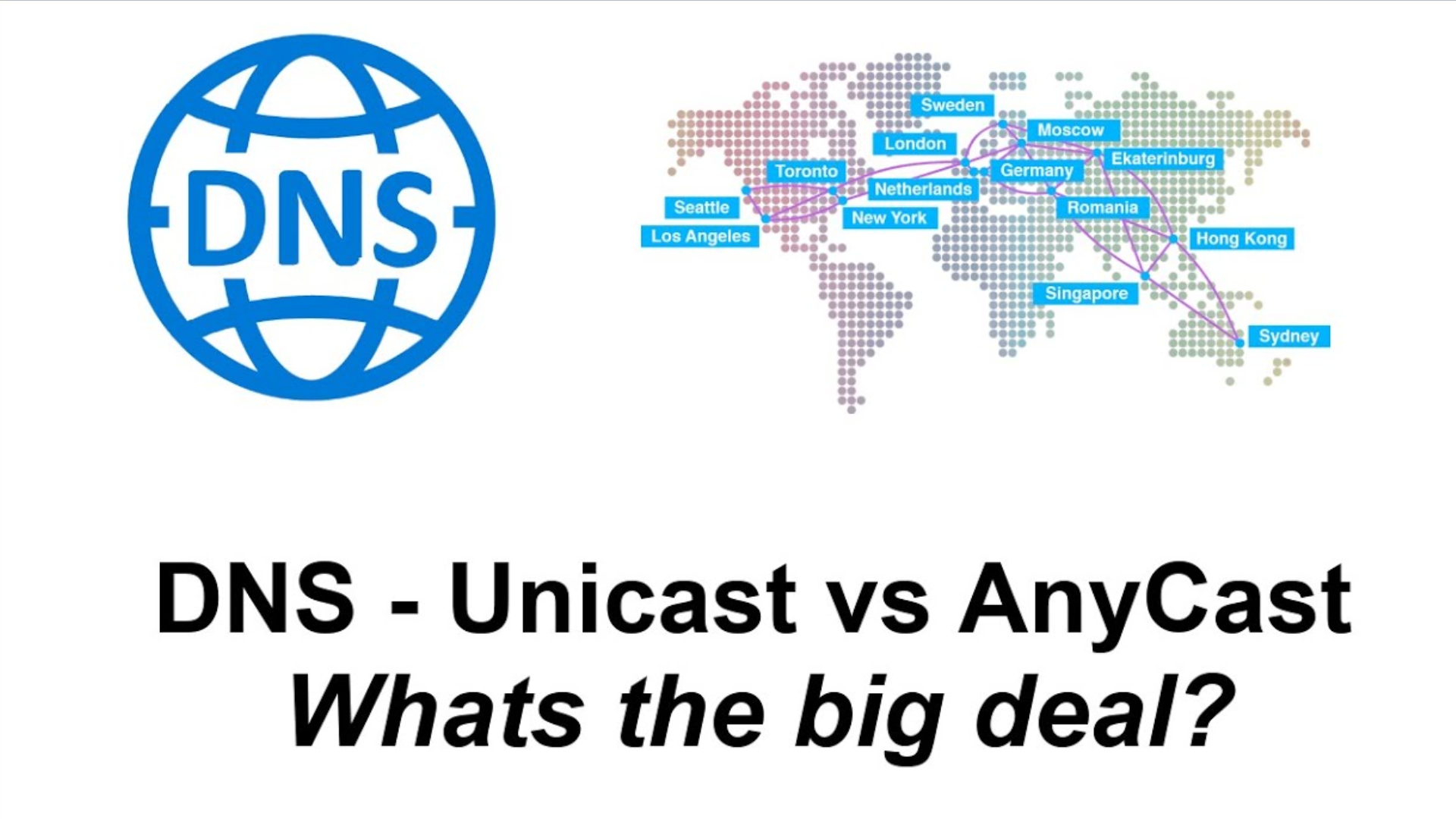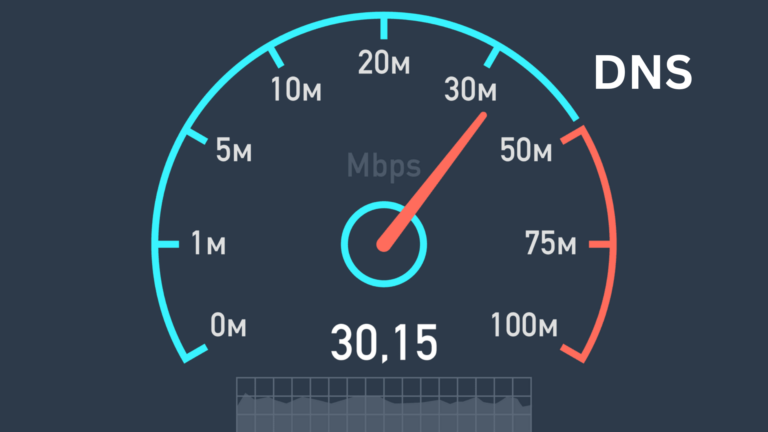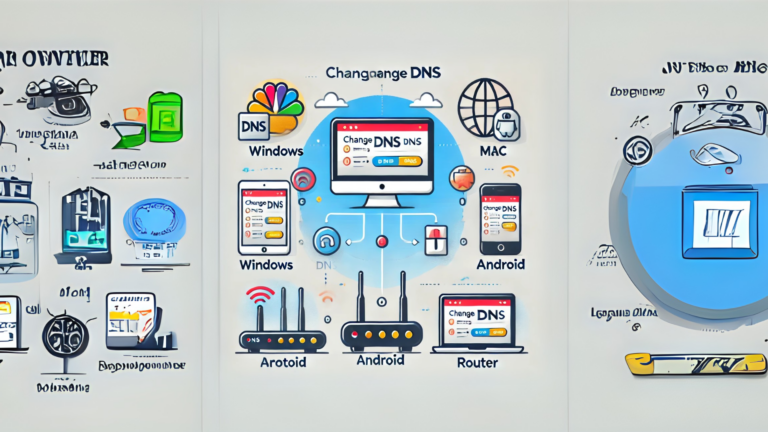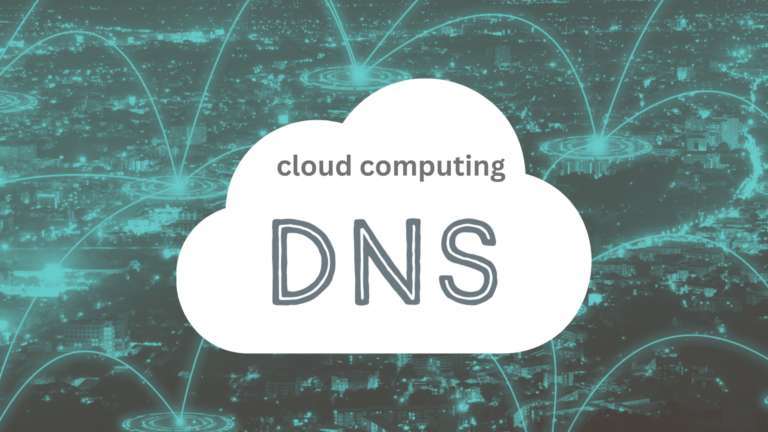What is the difference between Anycast and Unicast DNS?
When it comes to how DNS (Domain Name System) servers work, two common methods are Anycast and Unicast. Both serve the same purpose—helping users reach websites by translating domain names into IP addresses—but they work in different ways.
Let’s break down the key differences in a simple and easy-to-understand way.
What is Unicast DNS?
Unicast is the traditional way DNS servers operate. In this setup:
- Each DNS server has a unique IP address.
- When a user requests a website, the request is sent to a specific, single DNS server.
- That DNS server processes the request and responds.
Pros of Unicast DNS
- Simple to set up and manage.
- Works well for smaller websites or networks.
Cons of Unicast DNS
- If the server goes down, users may experience delays or failures in reaching the website.
- Can be slower because the request must travel to a specific location.
What is Anycast DNS?
Anycast DNS is a more advanced system that uses multiple servers around the world, all sharing the same IP address. Here’s how it works:
- When a user makes a request, the request is sent to the nearest available DNS server.
- This improves speed and reliability because it reduces the distance the request needs to travel.
- If one server fails, another nearby server takes over automatically.
Pros of Anycast DNS
- Faster response times because the nearest server responds.
- More reliable since multiple servers are available.
- Better load balancing as traffic is shared among multiple servers.
Cons of Anycast DNS
- More complex to set up and maintain.
- Can be more expensive compared to Unicast.
Key Differences Between Anycast and Unicast DNS
| Feature | Unicast DNS | Anycast DNS |
|---|---|---|
| IP Address | Unique per server | Shared by multiple servers |
| Speed | Can be slower | Faster due to shorter travel distance |
| Reliability | If the server goes down, requests may fail | Highly reliable with backup servers |
| Setup | Simple | More complex |
| Cost | Cheaper | More expensive |
Which One Should You Use?
- For small websites or businesses: Unicast DNS is a good option because it is simple and affordable.
- For large businesses, global websites, or high-traffic sites: Anycast DNS is better because it provides faster speeds and reliability.
Conclusion
Both Unicast and Anycast DNS serve the same purpose but in different ways. If speed and reliability are your priority, Anycast is the way to go.
If you need a simple and cost-effective solution, Unicast will work just fine.






